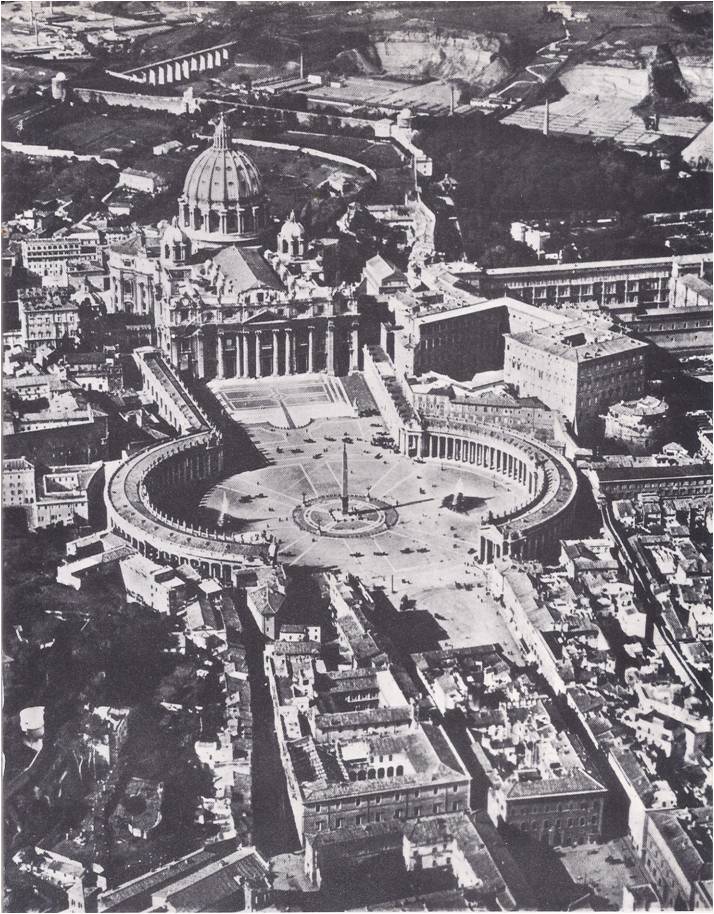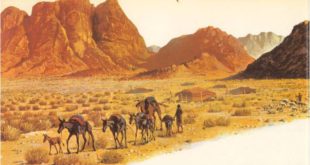We remember how Rip Van Winkle, the famous character in Irving’s Sketch Book, fell asleep for 20 years. When poor old Rip stumbled back to his village, he was startled by the changes which he found. The people he talked with and the places he visited were strange. His former home was in ruins and his friends and nagging wife were dead. What was more, he discovered that a war had taken place and America was now an independent nation. If some imaginary native of Great Britain had returned to his home after slumbering from 1750 to 1850, he would …
Read More »Tag Archives: David
Early Civilization Spreads by Land and Sea
Now Hiram, King of Tyre, sent his servants to Solomon, when he heard that they had anointed him King. . . And Solomon sent word to Hiram, “ . . . I purpose to build a house for the name of the Lord my God. . . Now therefore command that cedars of Lebanon be cut for me; and . . . I will pay you for your servants such wages as you set; for you know that there is no one among us who knows how to cut timber like the Sidonians [people of the city of Sidon].” . …
Read More »Rome, the City of the Pope 1492-1564
In 1492, young Giovanni de’ Medici bade farewell to his father, Lorenzo the Magnificent and left Florence to take his place in Rome among the cardinals of the church. At sixteen, Giovanni was a nobleman in the court of the pope, a man of influence and power. That was fortunate, for when Giovanni was eighteen, his family’s power collapsed. The Florentines drove the Medici from their city and Giovanni, who had come home for a visit, narrowly escaped being stoned by the citizens who once had cheered him. As he crept out of the city, disguised as a poor friar, …
Read More »The Holy Book of Allah A. D. 632-732
Mohammed sometimes dictated his thoughts to his secretary, Zayd, but when he spoke in public no one wrote down what he said. Instead, his listeners learned his speeches by heart and mistakes crept in, as they usually do. Only a short time after Mohammed’s death people were repeating his sayings in quite different ways. If Mohammed had been anyone else, this would not really have mattered. It would have been enough to remember what he had said without bothering too much about how he had said it. But the Moslems believed that God himself had addressed them through Mohammed. Every …
Read More »The People of One God 3000 B. C. – 30 B. C.
On the plains of Mesopotamia, a young man stood gazing up at the stars that glittered from the dark sky of night. He was Abraham, a native of the Sumerian city of Ur. Abraham was a Hebrew, one of the many tribes of Semites said to have been descended from Shem, the son of Noah who had been saved from a great flood many years before. Like all people of his time, Abraham believed in many gods throughout nature. As he studied the pattern of the great stars for the god’s message, Abraham began to feel he was in the …
Read More »



